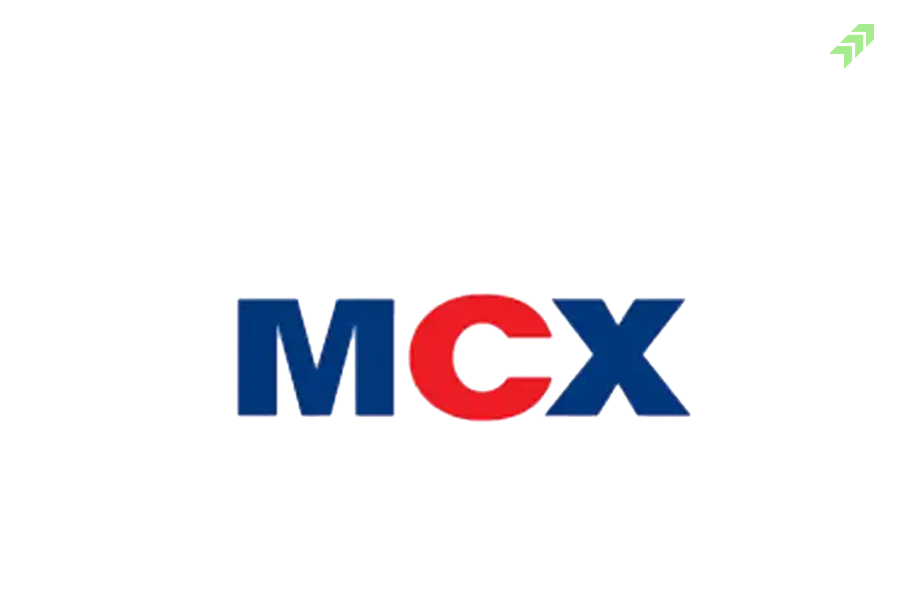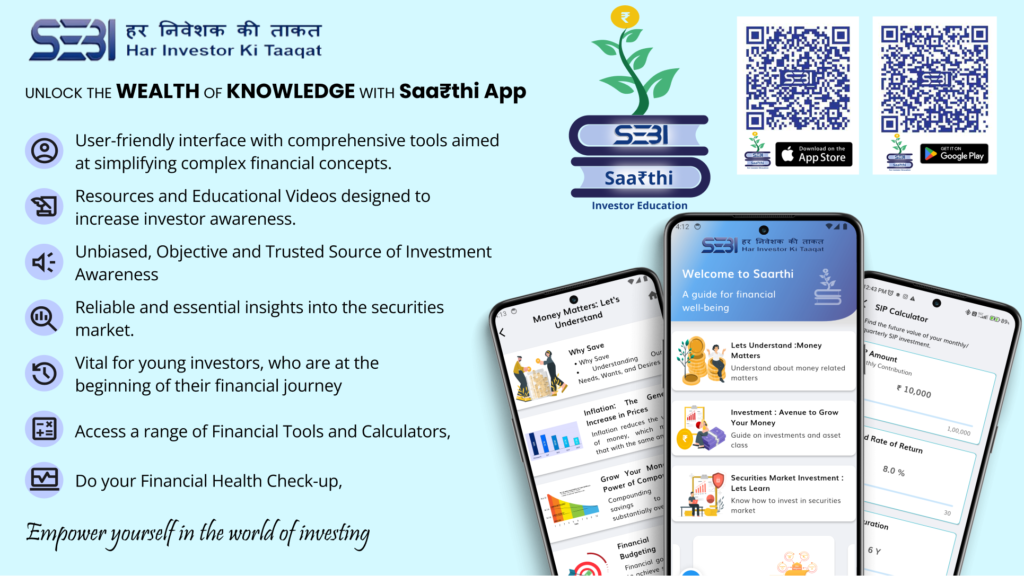SGX Nifty to reborn into NSE IFSC
The SGX Nifty, an imitation of the famous Indian exchange index Nifty is scheduled to be delisted from the Singapore Exchange and reincarnated as the NSE IFSC Nifty on July 3. In a recent circular, Singapore Exchange told investors that trading in SGX Nifty would be halted at the close of business on Friday, June 30th and that the securities will be delisted at a later date. Traders frequently looked to this as a build-up to the daily opening of the Indian stock market. As per the regulator, trading session timing for NLT (Negotiated Large Trade), and post-trade operations for NSE IFSC Nifty would continue as normal. Therefore traders who rely on SGX Nifty as an early indication need not worry. Nifty begins trading at 9:15 IST, while SGX Nifty opens at 6:30 IST. Traders who do not wish to have their SGX Nifty position converted to NSE IFSC Nifty must do so before the close of business on the 30th of June.
Once the transformation is made, references to the SGX Nifty50 Index Futures, and SGX Nifty Bank Index Futures, will all be renamed to the NSE IFSC Nifty50 Index Futures and the NSE IFSC Nifty Bank Index Options, respectively. No open interest would exist in SGX Nifty when the liquidity swap from SGX to NSE IFSC-SGX Connect is finalised on July 3. After the close of trading on 30 June, trading in the SGX Nifty will be halted permanently.
How SGX Nifty differ from NSE Nifty
The primary distinction between the SGX Nifty and the Indian Nifty is that the Indian Nifty is based on National Stock Exchange (NSE) platform in India, while the SGX trades on a futures trading platform in Singapore. The contract size between the Indian Nifty and the SGX Nifty is another key distinction between the two markets. A minimum of 75 shares is necessary for a contract to be executed in an Indian Nifty, however, this is not the case in the SGX Nifty. This means that although every Indian nifty must incorporate shares, the SGX nifty does not. As the most active trading platform in Singapore and the only trading platform that operates for 16 hours a day, SGX Nifty attracts a large number of consumers and trading activity. In contrast, the Indian Nifty operates on a national level and does not suffer from these problems. Because of these factors, SGX Nifty has gained popularity.
Trade timings of SGX Nifty
When compared, the SGX Nifty is open for business on the Singapore Stock Exchange for a full sixteen hours every day (from 6:30 AM to 11:30 PM IST). Stocks traded on the SGX feel the effects of global events sooner because of the exchange’s extended trading hours.
Why NSE IFSC
Located in Gandhinagar, Gujarat, NSE IFSC is a wholly owned subsidiary of NSE that facilitates trading in Indian and international stock derivatives, index derivatives, currency derivatives, depository receipts, and non-agricultural commodities derivatives.



















No comment yet, add your voice below!